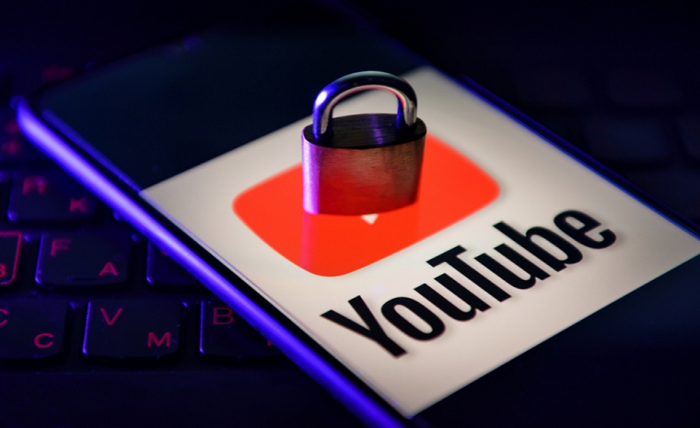A Ban on Fake YouTube Channels that Mislead Users: The Ministry Takes a Stand

In a digital age where misinformation spreads rapidly, it is crucial to address the issue of fake news and misleading content on various online platforms. YouTube, being one of the largest video-sharing platforms globally, has become a breeding ground for such deceptive practices. In a significant move, the Ministry of Information and Broadcasting has announced a ban on fake YouTube channels that mislead users. This proactive step aims to curb the spread of false information and protect users from falling victim to misinformation. In this blog post, we will explore the implications of this ban and its potential impact on the online landscape.
Understanding the Ban on Fake YouTube Channels:
The Ministry of Information and Broadcasting has recognized the urgent need to combat the spread of fake news and misinformation on YouTube. These fake YouTube channels often disguise themselves as credible sources, misleading users and causing harm in the process. The ban seeks to identify and take down such channels, ensuring the platform remains a reliable source of information and entertainment for its users.
Tackling Misinformation: A Collective Responsibility:
The issue of misinformation extends beyond the responsibility of a single entity. It requires a collective effort from various stakeholders, including the government, YouTube itself, content creators, and users. The Ministry’s ban on fake YouTube channels serves as a reminder that addressing misinformation is a shared responsibility. By actively participating in reporting and debunking false information, users can play a crucial role in maintaining the credibility of the platform.
Strengthening YouTube’s Policies and Algorithms:
While the ban on fake YouTube channels is a commendable step, it also highlights the need for YouTube to strengthen its policies and algorithms further. The platform must continuously adapt to evolving methods used by those spreading false information. Enhancing measures to detect and remove fake channels promptly is vital in maintaining user trust. YouTube’s commitment to combating misinformation should involve regular policy updates and close collaboration with external fact-checking organizations.
Promoting Digital Literacy and Media Literacy:
To effectively combat the spread of fake YouTube channels, it is imperative to promote digital literacy and media literacy among users. The Ministry’s ban provides an opportunity to raise awareness about the importance of critically evaluating online content. Educating users about fact-checking techniques, identifying reliable sources, and distinguishing between factual information and rumors can empower them to make informed decisions while consuming content on YouTube.
Encouraging Genuine Content Creation:
The ban on fake YouTube channels also encourages the growth of genuine content creation. By cracking down on misleading channels, the Ministry aims to create a more level playing field for authentic creators. This move not only protects users but also supports content creators who work hard to provide valuable and trustworthy content. YouTube’s algorithm should prioritize genuine creators and reward quality content, further discouraging the creation and proliferation of fake channels.
Collaboration between Governments and Tech Companies:
The ban on fake YouTube channels illustrates the importance of collaboration between governments and tech companies in combating misinformation. It sets an example for other platforms and governments to address the issue collectively. By working together, they can establish robust guidelines, implement effective policies, and share resources to counteract the spread of fake news. Such collaborations can ensure a safer and more reliable online environment for users worldwide.
Conclusion:
The Ministry’s ban on fake YouTube channels that mislead users is a significant step towards combating the spread of misinformation. It emphasizes the importance of collective responsibility in addressing this issue and calls for strengthened efforts from YouTube, content creators, and users alike. Promoting digital and media literacy, improving algorithms, and encouraging genuine content creation are key aspects of maintaining a trustworthy online landscape. By collaborating with tech companies, governments can work towards establishing comprehensive measures that protect users and uphold the integrity of online platforms. Let us embrace this ban as a milestone in the fight against misinformation and take it as an opportunity to contribute to a more informed and responsible digital society.




